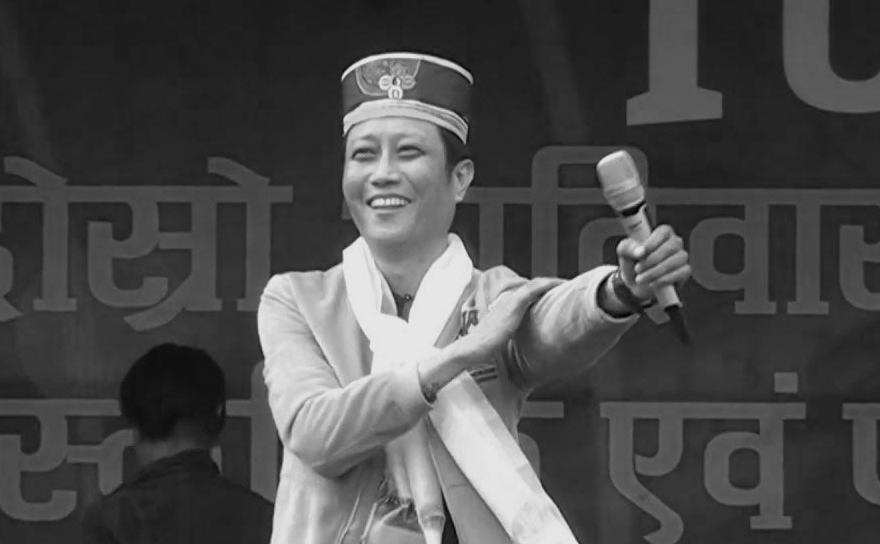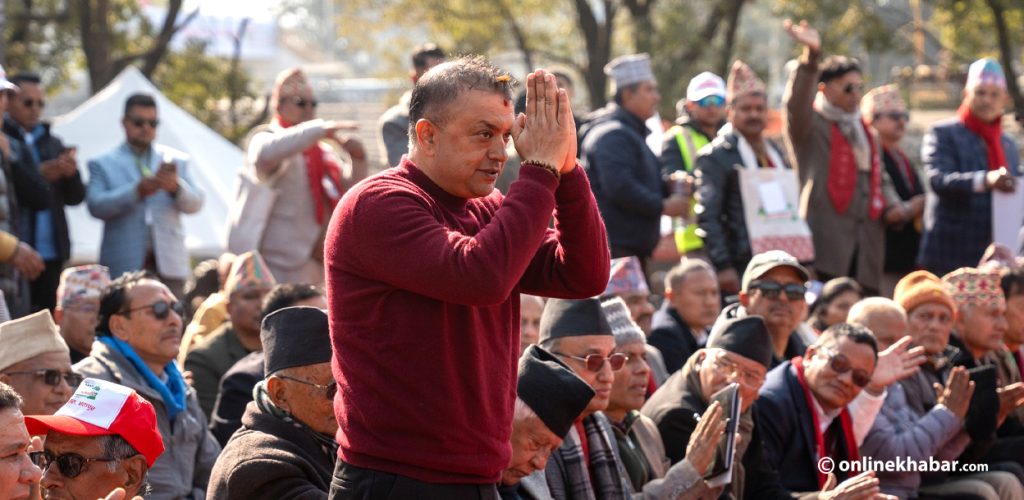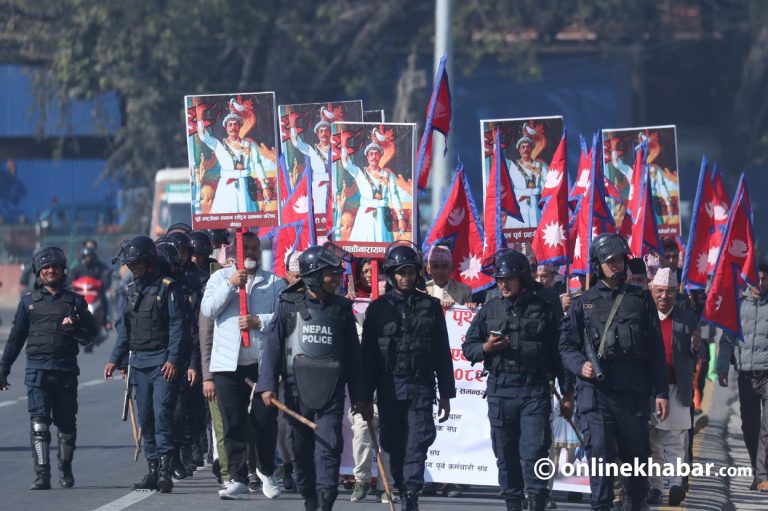
Kathmandu, May 4
‘Syndicate’ has been one of the most visible words in the news in the last few weeks in Nepal. So what is it all about and why are Nepal’s public bus operators and the government at odds over it?
The story begins with the government failing to provide transportation service to its citizens. Following this, private businessmen took over the lucrative sector. A group of businessmen would gather and decide to run a bus service from Point A to Point B. They would buy buses to run the service with each businessmen owning one or more buses and secure ‘route permits’ from the government. The group would work towards the welfare of the businessmen and negotiate with the government when needed.
However, soon, the group (now known as ‘committees’) posed a serious threat to open market competition in the transport sector. The committees would not allow non-members to ply buses on their routes–membership would cost at least Rs 1 million. The committees would also threaten government officials to not issue route permits without their consent.
The KP Oli government has taken a stand against the committees and their ‘syndicate’. It says that the committees do not have any legal status and the bus operators must form companies, which adhere to the Company Act. The transporters, however, want the committees to continue wielding power as allowing new entrants into the business would reduce their share of the transportation pie.
The transport entrepreneurs on Friday went on strike defying the government decision even as the government said it would cancel the route permits of buses that do not run during the day of the ‘strike’. However, the transporters did not heed the government and went ahead with the strike.
Home Minister Ram Bahadur Thapa has used an iron fist against the committees and ordered police to arrest key leaders. He has also sought an investigation into their assets.
Here is a summary of the major incidents leading to the strike on Friday:

March 15 – 17
Mayur Yatayat, a new entrant into the transport business, started plying the Kathmandu-Banepa road section after getting permission from the government. The Kavre Bus committee felt threatened and torched the vehicle.
After the incident, Prime Minister KP Sharma Oli spoke against the ‘syndicate system’ and assured to end it. However, challenging his statement, the National Federation of Nepal Transport Entrepreneurs submitted a memorandum to the Department of Transport Management demanding that Mayur Yatayat’s permit be cancelled.
March 22-31
Prime Minister KP Sharma Oli directed his ministers to end the syndicate system. The Office of the Prime Minister sent a letter to the Department of Transport Management to take action. Transport operators across the country announced protests against the decision.
Thirteen committees from different parts of country submitted a memorandum to the Bhaktapur and Kavre District Administration Offices demanding that Mayur Yatayat’s permit be scrapped. However, the Kavre Chief District Administration Office warned the entrepreneurs it would take action against them if they tried Yatayat from operating its services.
April 1 – 4
DoTM amended the transport management directive to call on private players to apply for route permits for any route. The Ministry of Home Affairs discreetly started collecting details of the committees and their vehicles. Protesting the government’s decision to allow Mayur Yatayat to ply, 11 committees halted operation of bus services along Araniko Highway.
Meanwhile, the government announced that it will allow four more transport companies (City Metro, Sajha Yatayat, Annapurna Yatayat and Shiva Darshan) to operate on the Araniko Highway–to the outrage of the committees.
April 5 – 10
All the 11 committees operating on the Araniko Highway took a step back and postponed protests. Addressing a Cabinet meeting, Minister for Home Affairs Ram Bahadur Thapa said the legal status of the committees has ended.
April 16 – 20
The transport entrepreneurs declared that they will not operate buses from May 9. The home ministry issued a statement warning the transport entrepreneurs that stern action would be taken if they resort to a strike. The Department of Money Laundering Investigation started looking into the financial transactions of transport entrepreneurs and committees.
Mayur Yatayat expanded its services to Dhulikhel, breaking the monopoly yet again. The government called transport entrepreneurs for talks.

April 23 – May 4
Transport entrepreneurs organised a protest. But it was not effective. Araniko Yatayat discreetly registered itself as a company. Transport entrepreneurs went on an indefinite strike; Minister Thapa ordered police to arrest the leadership of the ‘committee of the committees’ (the federation).





















